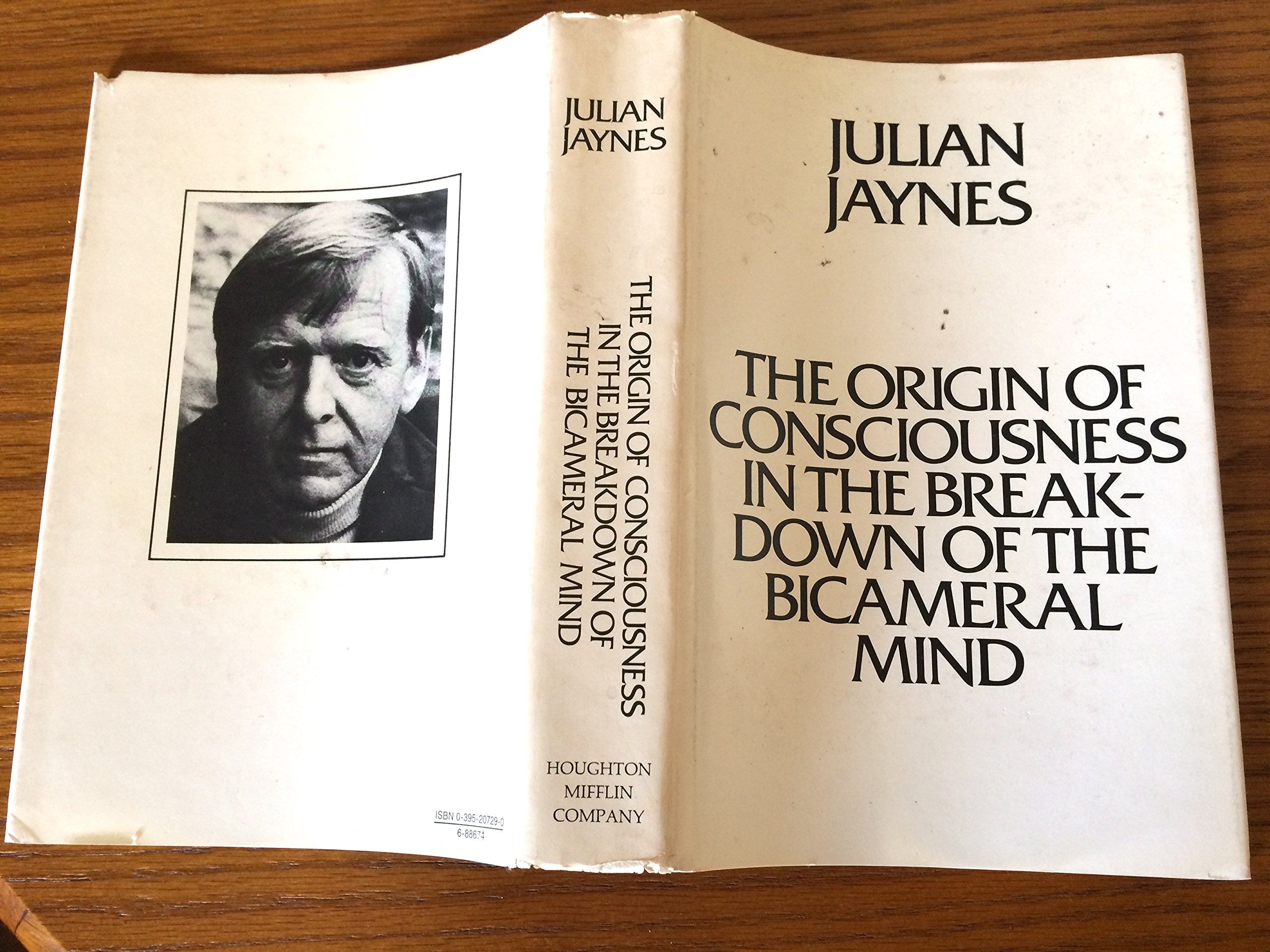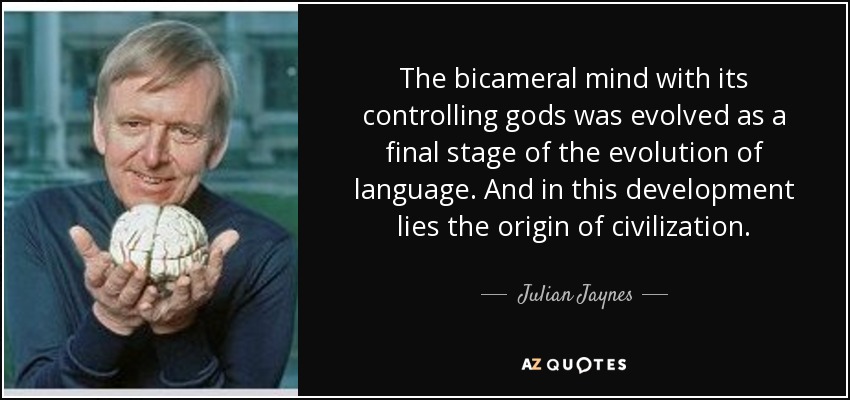Crypto Market Commentary
15 April 2020

Doc's Daily Commentary
The 15 April ReadySetLive session with Doc and Mav is listed below.

Mind Of Mav
A Post-Trust World: The Breakdown Of The Modern Mind Pt. 2
Yesterday we talked about the our current crisis of truth. Today we’ll discuss how that’s concurrently compounded by a crisis of trust and crisis of meaning.
In part, I draw inspiration for trying to understand the causes and effects of shared existence and the search for truth and trust in a digital age from texts like Simulacra and Simulation, a 1981 philosophical treatise by Jean Baudrillard. Interestingly, this text was the inspiration (and required reading for the cast) behind The Matrix, a 1999 film that depicts a dystopian future in which humanity is unknowingly trapped inside a simulated reality, the Matrix, created by intelligent machines to distract humans while using their bodies as an energy source.
Now, I’m not here to suggest that you “wake up, Neo”, but I do think it’s important for us to examine, as Simulacra did, the relationships between reality, symbols, and society — and in particular the significations and symbolism of culture and media involved in constructing an understanding of shared existence.
Fun fact: If you watch the beginning of The Matrix, Neo keeps his pirated software in a hollowed-out copy of Simulacra, and specifically on the chapter “On Nihilism”, where nihilism is defined as “extreme skepticism maintaining that nothing in the world has a real existence” — At the point in his life where extreme skepticism is leading him toward finding Morpheus.

Additionally, Morpheus begins his reveal of what the real world is by quoting, “Welcome To The Desert Of The Real”, another reference to Simulacra and the lack of distinction between reality and representation.
It’s not lost on me that society has been deeply eroded by market forces and the technological infrastructures deployed in their service — sure, the “we live in a society” trope is well-worn but crucial: if we are not able to develop new forms of collective meaning that enhance our individual agency (abilities) then we will remain primed for the external imposition of purpose in the service of various social and political agendas that are not in our own. No wonder our trust for one another is evaporating.
Let me explain why by talking about our minds. Specifically, the bicameral mind.
This concept was explored by Julian Jaynes in his seminal, yet controversial, 1976 book, The Origin of Consciousness in the Breakdown of the Bicameral Mind.

Basing his case on a wide range of archaeological evidence and close studies of numerous ancient writings, including Greek and Egyptian mythology and the Old Testament, Jaynes puts forward the extraordinary hypothesis: many of the aspects of consciousness we take for granted, including speculative thought, metacognition and autobiographical memory, emerged less than 4,000 years ago as a complex neurological adaptation to the sudden increase in social complexity and uncertainty brought about by the Late Bronze Age Collapse.
Before this, he argues, our sense of volition was much more limited and experienced — we were driven by routine and reactions. Our “free will” didn’t come from ourselves, but instead, in similar fashion to the auditory command hallucinations experienced by schizophrenics, dictated to us by an inner voice understood as a “god” or divine force.
Essentially, the human mind once operated in a state in which cognitive functions were divided between one part of the brain which appears to be “speaking”, and a second part which listens and obeys — a bicameral mind.
Like I said, controversial.

After all, the idea that the same society that produced Homer’s Illiad consisted entirely of individuals whose agency was limited to automatically obeying the hallucinated voices of their gods is both striking and unsettling. And, in my view, incorrect or at the very least a gross mischaracterization of our ancestors.
But, if we look past the controversial parts, we can look at bicameralism to consider a problem closely related to that of consciousness: meaning.
Where am I going with this? What is this crisis of meaning?
While there are many ways in which life today has become incredibly complex, the proliferation of digital communications technologies and the glut of information that flows through their channels at the speed of light has created a situation of constant overstimulation with insufficient time to pause and reflect on the data we are exposed to in order to form coherent perspectives.
We read a news item, opinion piece, or analysis and seconds later, innumerable other contradictory yet seemingly credible views vie for our attention. This in turn creates a situation we could call heuristic failure. Heuristics are like rules of thumb — they’re strategies we use to solve problems, to understand and navigate our lives. Heuristics form the basis of conscience.

When the world ceases to be predictable and consistent in a way that allows us to develop stable heuristics we can become overwhelmed, experiencing ourselves as adrift, without meaning and even unable to form a coherent collection of long-term memories that tells us a story of who we are and where we’re going.
We’re not very good at surviving in this state of existential exhaustion.
Tomorrow we’ll talk more about that existential exhaustion and how we develop meaning & consciousness.
Press the "Connect" Button Below to Join Our Discord Community!
Please DM us with your email address if you are a full OMNIA member and want to be given full Discord privileges.
An Update Regarding Our Portfolio
RSC Subscribers,
We are pleased to share with you our Community Portfolio V3!

Add your own voice to our portfolio by clicking here.
We intend on this portfolio being balanced between the Three Pillars of the Token Economy & Interchain:
Crypto, STOs, and DeFi projects
We will also make a concerted effort to draw from community involvement and make this portfolio community driven.
Here’s our past portfolios for reference:
RSC Managed Portfolio (V2)
[visualizer id=”84848″]
RSC Unmanaged Altcoin Portfolio (V2)
[visualizer id=”78512″]
RSC Managed Portfolio (V1)

